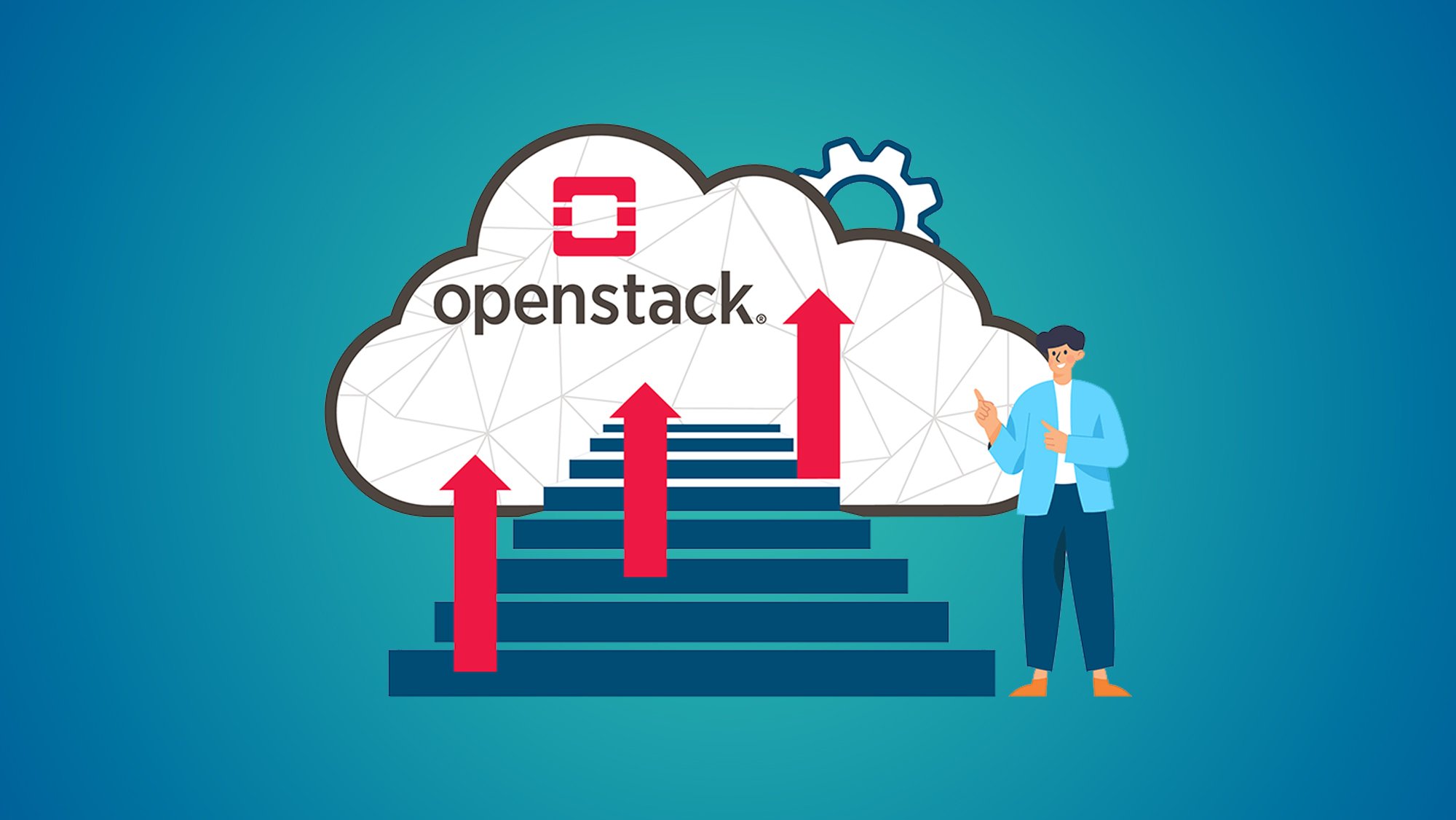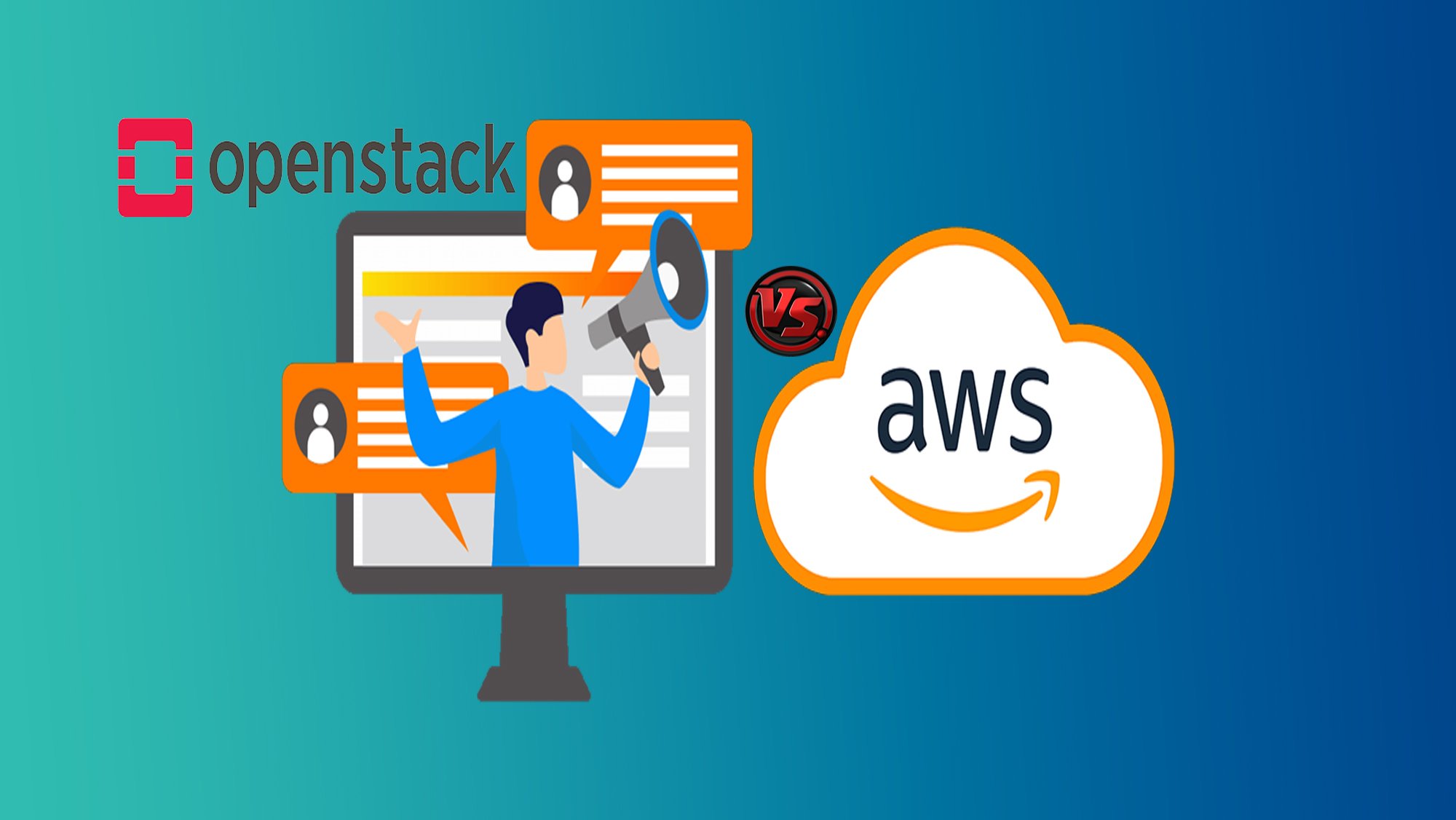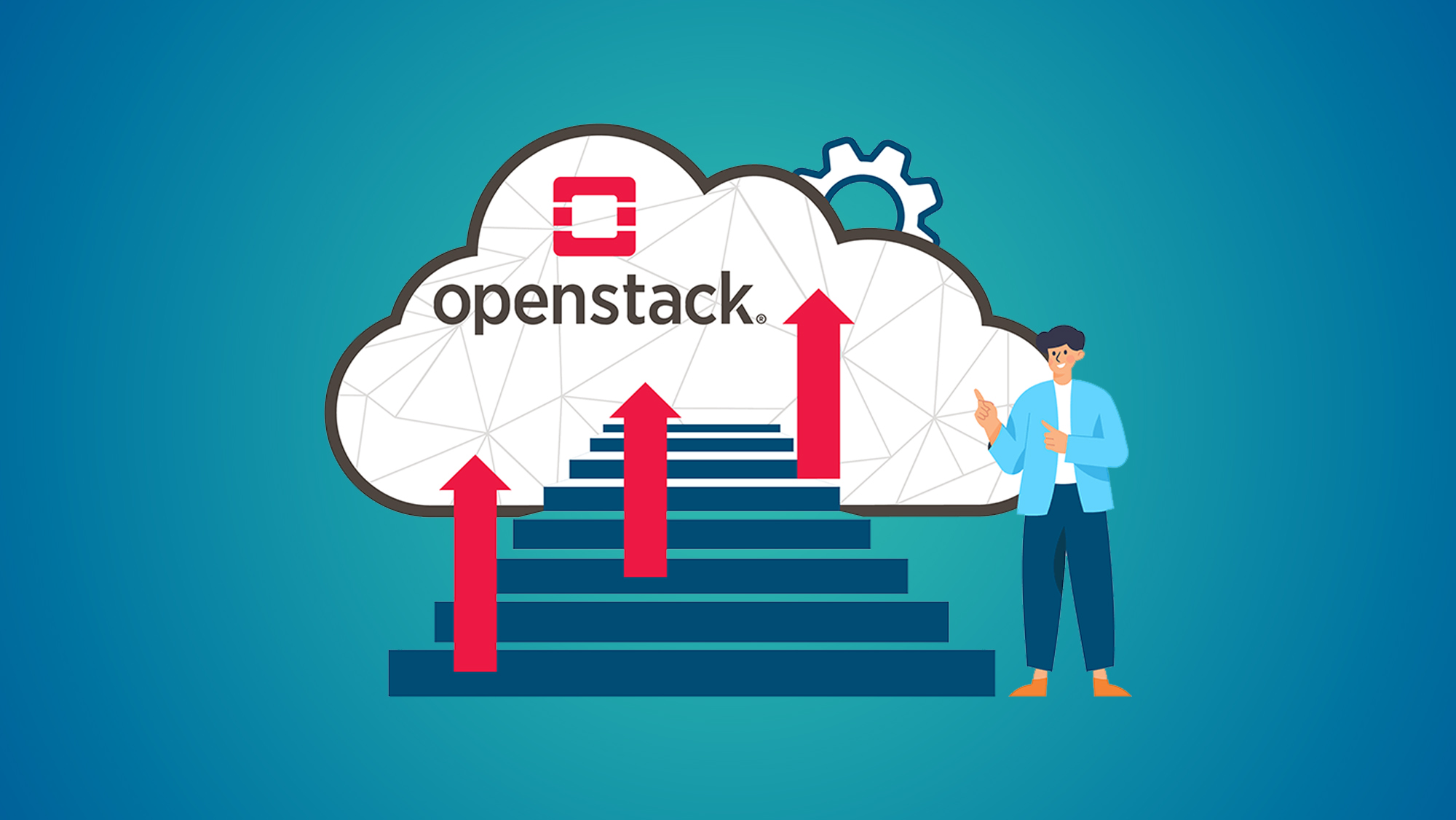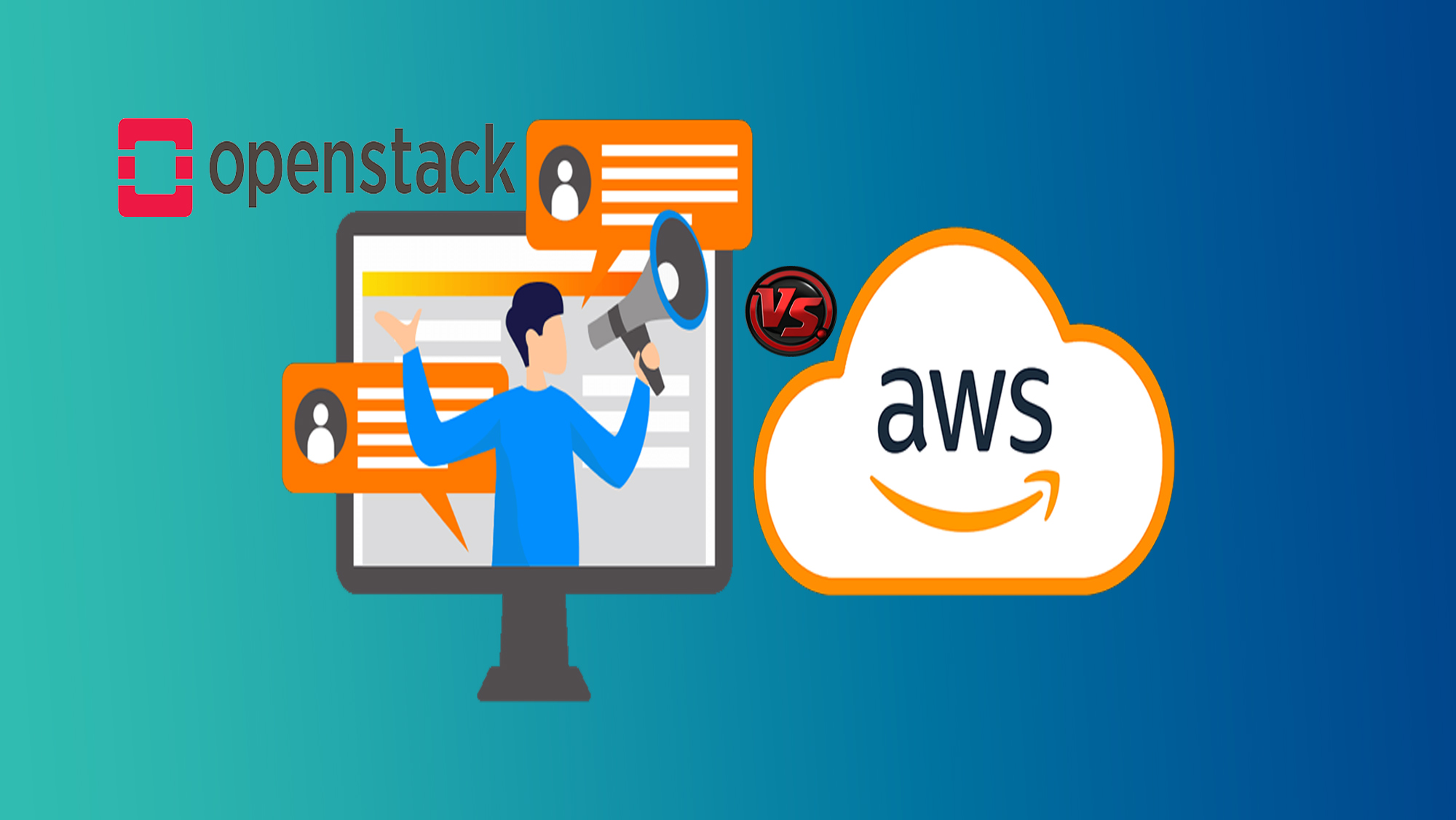What are the Benefits of OpenStack Training?
- Enhanced Knowledge and Skills: OpenStack training equips individuals with in-depth knowledge of OpenStack architecture, components, and functionalities. Participants gain hands-on experience in deploying, managing, and troubleshooting OpenStack environments, allowing them to become proficient in utilizing the platform's capabilities.
- Career Advancement: OpenStack training enhances career prospects by expanding the skill set of IT professionals. Acquiring expertise in OpenStack demonstrates a commitment to staying current with cloud computing trends and positions individuals as valuable assets in organizations that utilize or plan to adopt OpenStack.
- Increased Efficiency and Productivity: Training enables administrators and operators to efficiently manage OpenStack environments, optimizing resource allocation, scaling, and performance. This leads to improved operational efficiency and productivity in deploying and maintaining cloud infrastructure.
- Cost Savings: OpenStack training helps organizations reduce costs by empowering their teams to effectively utilize the platform's features and optimize resource usage. Skillful management of OpenStack environments reduces unnecessary expenses and ensures optimal utilization of cloud resources.
- Flexibility and Customization: OpenStack training enables individuals to customize and tailor their cloud environments according to specific organizational requirements. Training participants gain a deeper understanding of the platform's modular architecture, allowing them to design and configure solutions that align with their unique needs.
- Collaboration and Troubleshooting: Training fosters collaboration and knowledge sharing among participants. It enables individuals to collaborate with other OpenStack professionals, exchange best practices, and troubleshoot issues collectively. This community interaction is valuable for addressing challenges and staying up to date with the latest advancements in OpenStack.
- Certifications: OpenStack training often includes certification programs that validate individuals' expertise in using and managing OpenStack. Certifications provide a recognized credential that demonstrates proficiency and enhances career opportunities.
Who can do OpenStack Courses
OpenStack courses are suitable for a range of professionals and individuals interested in cloud computing and specifically in leveraging the capabilities of OpenStack. IT professionals, system administrators, cloud architects, developers, and operations teams can benefit from OpenStack courses. Whether working in enterprise settings, service providers, or research institutions, individuals seeking to acquire knowledge and skills in deploying, managing, and optimizing OpenStack-based cloud infrastructures will find value in OpenStack courses. Prior experience in cloud computing and basic knowledge of virtualization concepts are beneficial but not always required, as courses often cater to different skill levels.
Prerequisite for OpenStack Courses
- Familiarity with Linux: A basic understanding of the Linux operating system and command-line interface is generally beneficial. Knowledge of Linux commands, file systems, and administration will help participants navigate and manage OpenStack environments.
- Networking Fundamentals: A solid foundation in networking concepts, such as IP addressing, subnets, routing, and firewalling, is valuable. Understanding network protocols, VLANs, and basic network troubleshooting will aid in configuring and managing OpenStack networking components.
- Virtualization Knowledge: Familiarity with virtualization concepts, such as virtual machines, hypervisors (e.g., KVM, VMware), and virtual networks, is advantageous. Understanding how virtualization works and its benefits will facilitate the comprehension of OpenStack's virtualization features.
- Cloud Computing Basics: Having a fundamental understanding of cloud computing principles, including the differences between public, private, and hybrid clouds, as well as the basic concepts of Infrastructure as a Service (IaaS), Platform as a Service (PaaS), and Software as a Service (SaaS), is helpful.
- Programming and Scripting Skills: Depending on the depth of the OpenStack course, familiarity with programming languages like Python and scripting skills may be required. Knowledge of automation and scripting will enable participants to leverage OpenStack's APIs and perform tasks programmatically.
OpenStack Career Opportunities
- OpenStack Administrator: OpenStack administrators are responsible for the installation, configuration, and maintenance of OpenStack environments. They manage the platform's infrastructure components, including compute, storage, and networking resources. Their role involves ensuring optimal performance, troubleshooting issues, and implementing security measures.
- Cloud Architect: Cloud architects design and oversee the implementation of cloud solutions based on OpenStack. They analyze business requirements, assess infrastructure needs, and create architecture plans to leverage OpenStack's capabilities. Cloud architects work closely with development teams, ensuring scalability, reliability, and cost-effectiveness of cloud deployments.
- Cloud Engineer: Cloud engineers focus on the implementation and integration of OpenStack within the organization's existing infrastructure. They collaborate with cross-functional teams to deploy OpenStack, configure networking, storage, and virtualization components, and automate processes using tools like Ansible or Terraform.
- DevOps Engineer: DevOps engineers leverage OpenStack to facilitate continuous integration and delivery (CI/CD) processes. They automate infrastructure provisioning, deploy applications on OpenStack, and optimize resource utilization. DevOps engineers work closely with development teams to streamline software development and deployment pipelines.
- Cloud Consultant: Cloud consultants provide strategic guidance to organizations on adopting and implementing OpenStack. They assess business requirements, design cloud architectures, develop migration strategies, and assist in the planning and execution of OpenStack deployments. Cloud consultants help organizations leverage OpenStack to achieve their goals efficiently and effectively.
- Solution Architect: Solution architects design end-to-end solutions incorporating OpenStack as part of a larger technology stack. They collaborate with clients, understand their needs, and architect scalable and secure solutions that leverage OpenStack's capabilities alongside other technologies, such as containers, microservices, and hybrid cloud environments.
- Technical Trainer: Technical trainers specialize in delivering OpenStack training and education. They develop training programs, create course materials, and deliver instructional sessions to individuals or organizations seeking to learn OpenStack. Technical trainers help professionals gain the knowledge and skills necessary to effectively utilize and manage OpenStack environments.
Conclusion:
OpenStack has revolutionized the world of cloud computing by providing an open-source platform that empowers organizations to build and manage their own cloud infrastructure. Its flexibility, scalability, and modular architecture make it an ideal choice for businesses seeking customizable cloud solutions. With a vibrant community of developers and a rich ecosystem of tools and services, OpenStack continues to evolve and adapt to the changing demands of the industry. As cloud computing becomes increasingly crucial for businesses, OpenStack remains a powerful and valuable platform for creating and managing scalable cloud environments.







No Comments Yet
Let us know what you think